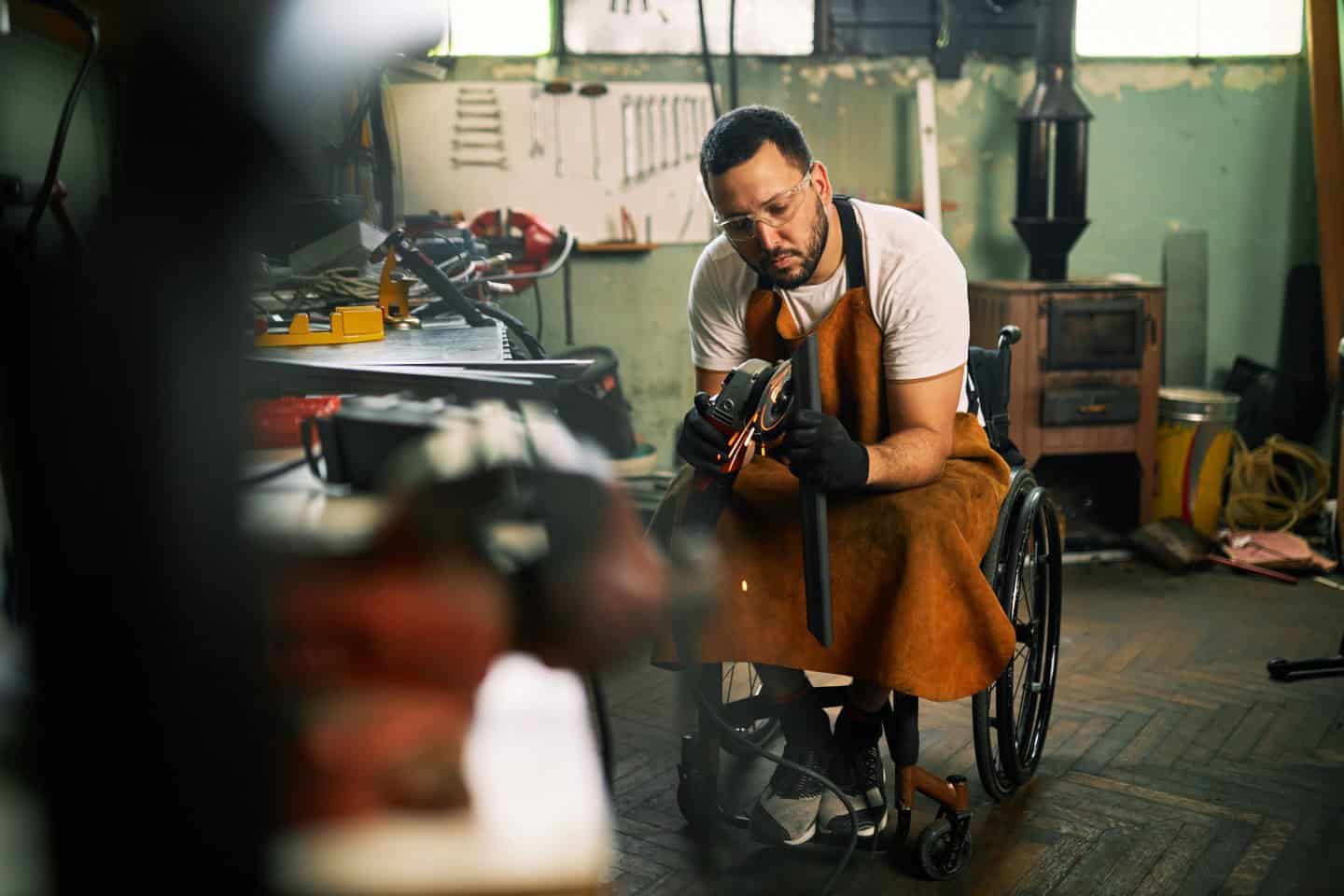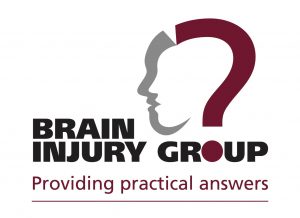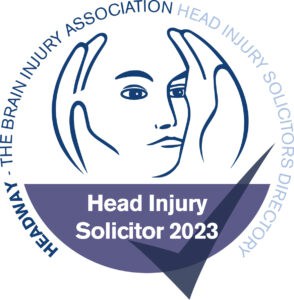For anyone starting or returning to work after brain injury, there will be issues that need to be carefully considered. Through assisting people who have a brain injury, we have gained valuable experience in the types of issues that arise when people return to work, and how these can be addressed to improve their chances of succeeding at work.
We have created a guide aimed at assisting employees, employers and anyone else who is involved in helping someone start work after a brain injury.
The guide is split into six sections and several questions are answered in each section, along with examples of issues that might arise and what you can do if you need further help.
We hope you find this guide useful. If you would like to speak to a member of our brain injury team, please complete the ‘contact us’ form on the website, or give us a call on 020 3811 0904.









